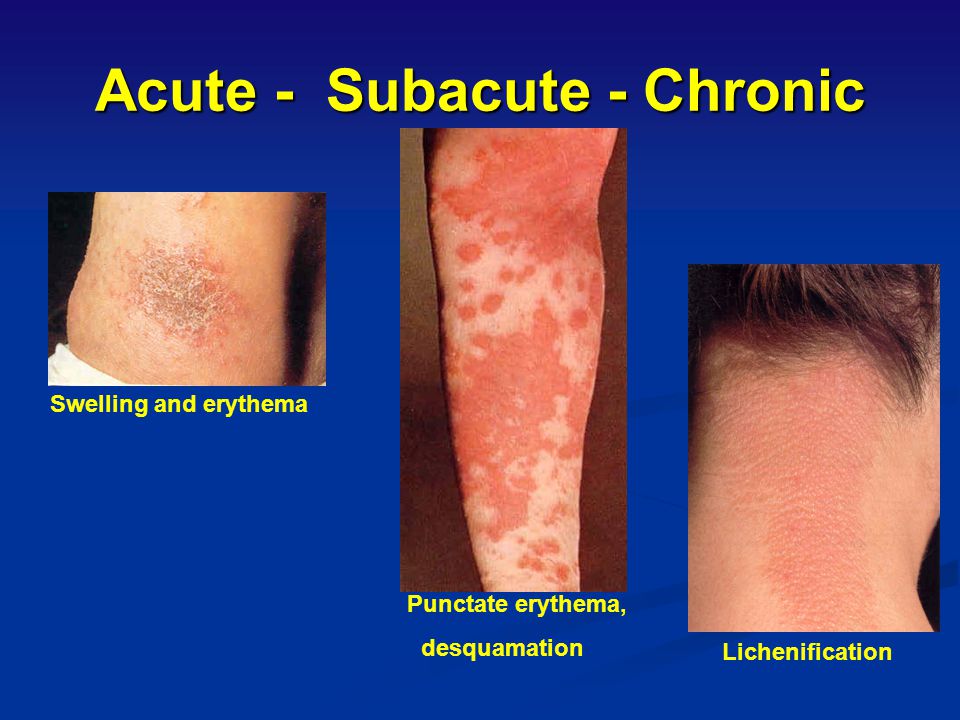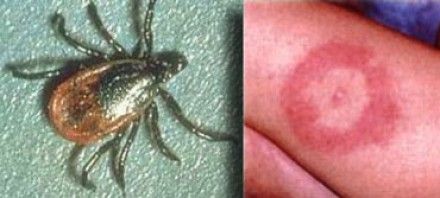Neuropsychological Treatments For People With Demyelinating

Demyelinating refers to the loss of myelin, the sheath that surrounds nerves in the body and provides insulation for them. Demyelination causes problems in the central nervous system, causing neurological problems throughout the body. Myelin is made of myelin-producing neurons. Nerves are composed of long axons, which are about 3 inches long, and small fibers, which are about 0.2 inch long. Axons carry impulses from one place to another and myelin-producing neurons provide insulation for these impulses.
Myelin is responsible for transmitting nerve impulses through the central nervous system. If myelin-producing neurons are damaged, they are not able to do this job as well. When myelin is damaged, nerves become vulnerable to damage and dysfunction, as well as inflammation.
Demyelinating is a condition where there is a significant loss of myelin. The condition can be mild or severe. The condition can occur suddenly and is often associated with an attack on a certain part of the central nervous system. It is not fully understood, but it is thought that demyelinating may be caused by an injury to myelin-producing neurons, an increase in the risk of developing the disease through genetic factors or an increased rate of occurrence for some patients.
Demyelinating occurs when the body's ability to produce myelin is compromised. Common symptoms of demyelinating include: slow movement of muscles, vision disturbances, cognitive problems, difficulty thinking, fatigue, hearing problems, and abnormal reactions to pain. Some patients may experience symptoms only during or after an attack of demyelinating, but these symptoms are generally milder than those associated with other types of demyelinating.
Merely damaging myelin does not always result in demyeling. In fact, some studies show that demyelinating is often caused by an increase in myelin-producing neurons, with a subsequent loss of myelin-compromoting neurons. Some studies show that damsels are linked to a lack of myelin production in certain regions, especially in children. Demyels may also be caused by an excessive accumulation of free radicals in certain areas of the brain, and may be a symptom of stroke. Some doctors think that damsels may be a symptom of the disease Parkinson's disease, although this has yet to be proven.
Demyels, if left untreated, can lead to further damage to the myelin and neurons. In rare cases, damsels may cause progressive brain damage. Demyels can also result in cognitive and motor decline, which can result in a disability that is sometimes fatal

There is no known cure for demyelination. It can react to certain medications, such as antihistamines, antibiotics, corticosteroids, antidepressants, and beta blockers. However, the underlying cause may be genetic. Medication can improve symptoms, but these treatments are ineffective unless the cause is addressed. There is some speculation that treatment may be needed before the symptoms disappear completely.
Demyelination, like other forms of demyelination, can ultimately lead to an overall improvement in mobility or even death. Because it is often a serious condition, it is often treated by a multidisciplinary team of professionals. Although there is no cure for demyelination, there are treatments that improve symptoms and enable the patient to lead a more productive and fulfilling life.
The first step in treating demyelination is to identify the specific cause. This may include examining the body for any abnormalities in addition to using specific tests to determine the underlying cause. There are also some medications that have been shown to be effective in treating demyelination, including medications used to treat Parkinson's disease, epilepsy, and thyroid disorders.
Neurological treatments can include medications designed to increase fluid flow in the brain as well as to improve electrical signals in the brain. Patients with abnormal immune systems may also be prescribed medicines to control autoimmunity. and inflammation.
Medicines that are used to treat demyelination include immunomodulators such as azathioprine, cyclophosphamide, and corticosteroids, which can decrease the number of myelin-producing cells in the body, decrease neurodegeneration, and slow the progression of the disease. Other drugs that are used for demyelination include calcium channel blockers, beta blockers, antipsychotics and antiarrhythmics, beta blockers, antidepressants, and inhibitors of nitric oxide and prostaglandin synthesis.
If the patient's demyelination is caused by problems with the immune system, medication can be used to prevent the demyelination from recurring. There are also medications that can prevent future demyelinating symptoms from recurring. Certain medications can also be used to improve blood circulation and oxygenation in the brain.

